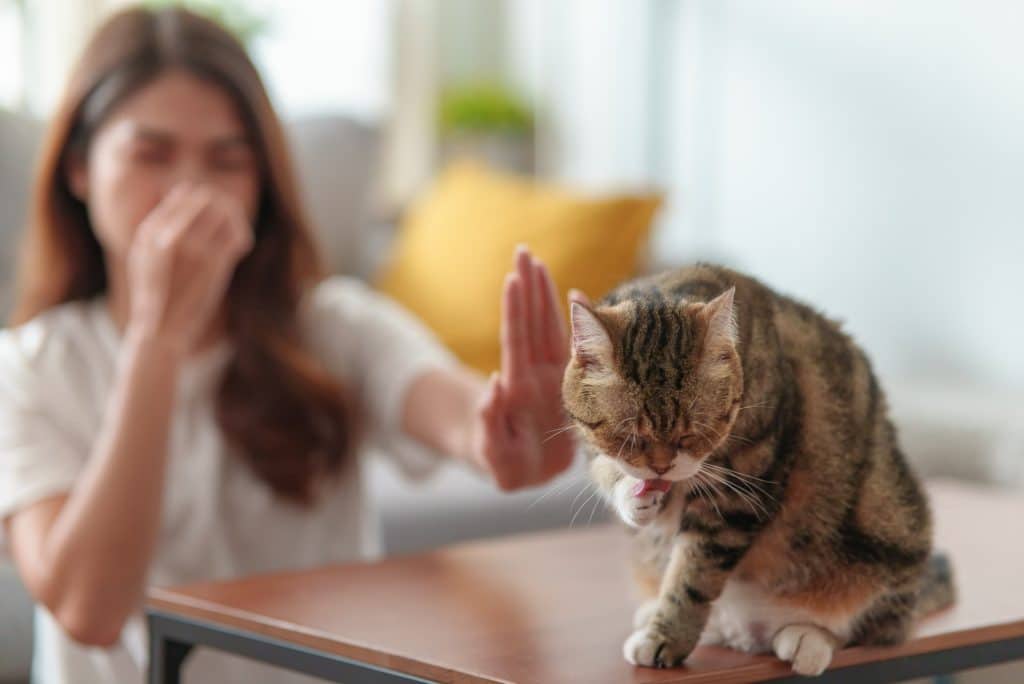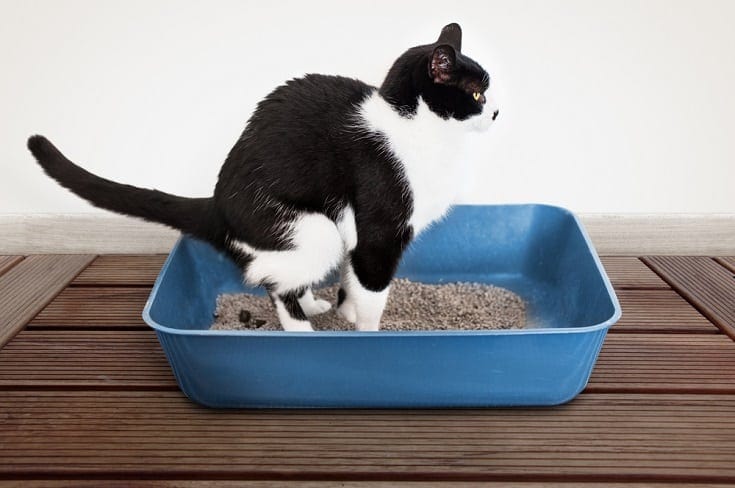Yes, cats can get gas, just like humans and many other animals. Cats, being a popular pet worldwide, are known to have a sensitive digestive system.
This means that they can experience digestive issues that can result in gas. Whether it’s from eating too fast, consuming unhealthy foods, or suffering from an underlying health condition, cats can experience gas. Furthermore, excessive gas in cats can cause discomfort and lead to potential health issues. Hence, it’s crucial to understand what causes cat gas, how to prevent it, and how to provide relief when necessary. This article will discuss these topics in detail to help you ensure your feline friend’s digestive health.
:strip_icc()/why-do-cats-fart-554763-hero-cb55f9f38b104a46bc6f10749920265c.jpg)
Credit: www.thesprucepets.com
Understanding Gas In Cats
Cats do produce gas, but it is not usually a major problem. The science behind gas formation in cats is fairly simple – when they eat, their stomach produces gas as it breaks down the food. This gas can be expelled through burping or flatulence.
Types of gas in cats include both methane and hydrogen sulfide, which can cause odor. Symptoms of gas in cats include abdominal discomfort, bloating, and excessive flatulence. Fortunately, there are steps owners can take to reduce their cat’s gas production, such as feeding them smaller meals throughout the day and avoiding foods that are known to cause gas.
Regular exercise can also be helpful in promoting healthy digestion. Overall, while gas in cats may not be the most pleasant topic, it is a normal part of their digestive process and can usually be managed with simple measures.
Causes Of Gas In Cats
Gas in cats is a common issue caused by various factors. Diet and feeding habits can lead to gas when cats eat too quickly or consume food that they’re intolerant to. Different medical conditions could also trigger gas, such as a gastrointestinal blockage or parasites.
Environmental factors like stress or exposure to toxins can also be the underlying cause of cat gas. In order to identify the cause, a vet should be consulted. Additionally, the cat’s diet and feeding habits should be reviewed, and environmental stressors should be eliminated.
With proper care, most cases of cat gas can be resolved, leading to a happier, healthier feline companion.
Why Is Your Cat Constantly Farting?
Common Misconceptions About Cats And Gas
Cats are typically known for their grace, agility, and independence. However, when it comes to their digestive system, they are not immune to gas. Despite the popular belief that cats do not get gas, it is a common issue among many feline companions.
Many pet owners may avoid discussing this issue or assume it is a non-existent one, but it is essential to recognize and address your cat’s digestive health. Dispelling the myth that cats do not get gas by understanding their digestive system can help you correct misconceptions and monitor your cat’s flatulence.
By keeping track of your cat’s eating habits, avoiding foods that cause gas, and seeking veterinary assistance if necessary, you can keep your feline companion healthy and happy.

Prevention And Treatment Of Gas In Cats
Gas formation is a common problem in cats that can lead to discomfort and pain. By adopting proper preventive measures, you can keep your cat healthy. One such strategy includes feeding your cat a balanced diet consisting of high-quality proteins, fiber, and probiotics.
Additionally, natural remedies such as fennel, ginger, and activated charcoal can also relieve gas in cats. If these methods do not work, your vet may recommend medical treatments such as antacids and simethicone drops to provide relief. Remember, timely prevention and treatment can prevent serious health issues in cats.
When To Worry: Understanding Serious Gas Issues In Cats
Cats, like humans, get gas from time to time. However, it’s important to recognize when gas might be a symptom of something more serious. Certain underlying medical issues could be causing excessive gas. Symptoms to look out for include frequent vomiting, bloating, diarrhea, and a decrease in appetite.
If you notice any of these symptoms, it’s crucial to seek veterinary help. In some cases, gas could be a result of an obstruction in the intestines or a symptom of a viral or bacterial infection. Therefore, it’s wise to have your furry friend examined by a veterinarian to rule out any serious issues.
By staying vigilant about your cat’s gas, you can ensure they are happy and healthy.
Conclusion
Gas may seem like a minor annoyance, but it can be a sign of digestive problems in cats. While occasional flatulence is normal, persistent gas can indicate dietary issues, allergies, or underlying illnesses. If your feline friend is displaying symptoms such as bloating, diarrhea, abdominal pain, or reduced appetite, it’s time to talk to your veterinarian.
By evaluating your cat’s medical history, performing a physical exam, and conducting diagnostic tests, your vet can determine the root cause of their gas and recommend an appropriate course of treatment. In the meantime, you can reduce your cat’s gas by providing a balanced, high-quality diet, avoiding excessive milk or treats, and encouraging regular exercise.
With proper care, you can help prevent digestive problems and keep your cat healthy, happy, and free from gas. So, if you notice any unusual behavior in your cat, don’t hesitate to seek professional help.



